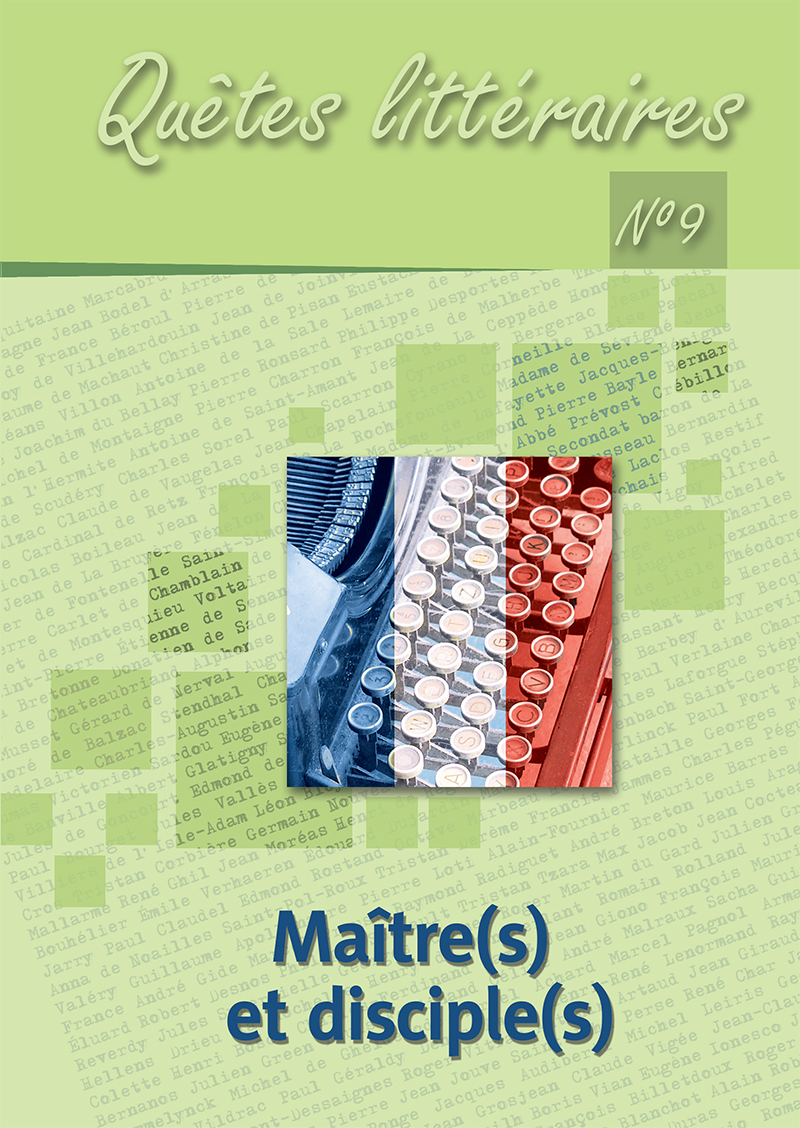Théâtralisation de la transmission dans le Maître de Santiago de Montherlant
Dramatization of the transmission in Le Maître de Santiago by Montherlant
Author(s): Hamdi HemaïdiSubject(s): Language and Literature Studies, Literary Texts, Studies of Literature, Comparative Study of Literature, French Literature, Theory of Literature
Published by: Katolicki Uniwersytet Lubelski Jana Pawła II, Instytut Filologii Romańskiej & Wydawnictwo Werset
Keywords: Henry de Montherlant; transmission; conflict; masters figures; engagement; withdrawal
Summary/Abstract: The question of the master-disciple relationship is highlighted in Le Maître de Santiago (The Master of Santiago) of Montherlant by a theatricalization of the transmission. Lively and tense dialogue, conflicting situations and divergent points of view undermine family and friend relations as well as ideological affinities. For the 1519 Spaniards the chance to go to America is a golden opportunity. This frantic race behind the gain that uses evangelism as a pretext, seduces the knights of the Order of Santiago, but greatly displeases their leader. The focus of this dramatization on the dispute in question allows us to identify the figures of masters, those of disciples and, through their relations, the affirmed values. Alvaro Dabo, who acts as a guide to the Order of Santiago, is undoubtedly the main figure of master. By cultivating the paradox and opposing the desire of his peers, he does not set himself up as a transmitter of good-manners and of know-how, but he nevertheless manages to formulate the values to which he is attached: nobility of soul, generosity, humility. The disciples are divided into five categories. The "Aristotelian" figure (Bernal and Vargas) comments and interprets the master's speech. The "Epicurean" figure (Olmeda) aims to achieve happiness. The parricide disciple wants to eliminate Alvaro. Letamendi is the embodiment of a bad student. Mariana, the incarnation of the master’s "alter ego", looks like the master without being his pale copy. Being tense, the relations that govern the two instances give a dynamic to the process of transmission. Alvaro tries to confine himself to silence, but before disappearing he wants to transmit his message. Two essential values constitute its content: history teaches us that one must be distrustful of negative forces; commitment requires moral qualities such as self-sacrifice and charity. Montherlant approves of his character's condemnation of colonization but he does not adhere to his extremism.
Journal: Quêtes littéraires
- Issue Year: 2019
- Issue No: 9
- Page Range: 113-124
- Page Count: 12
- Language: French

